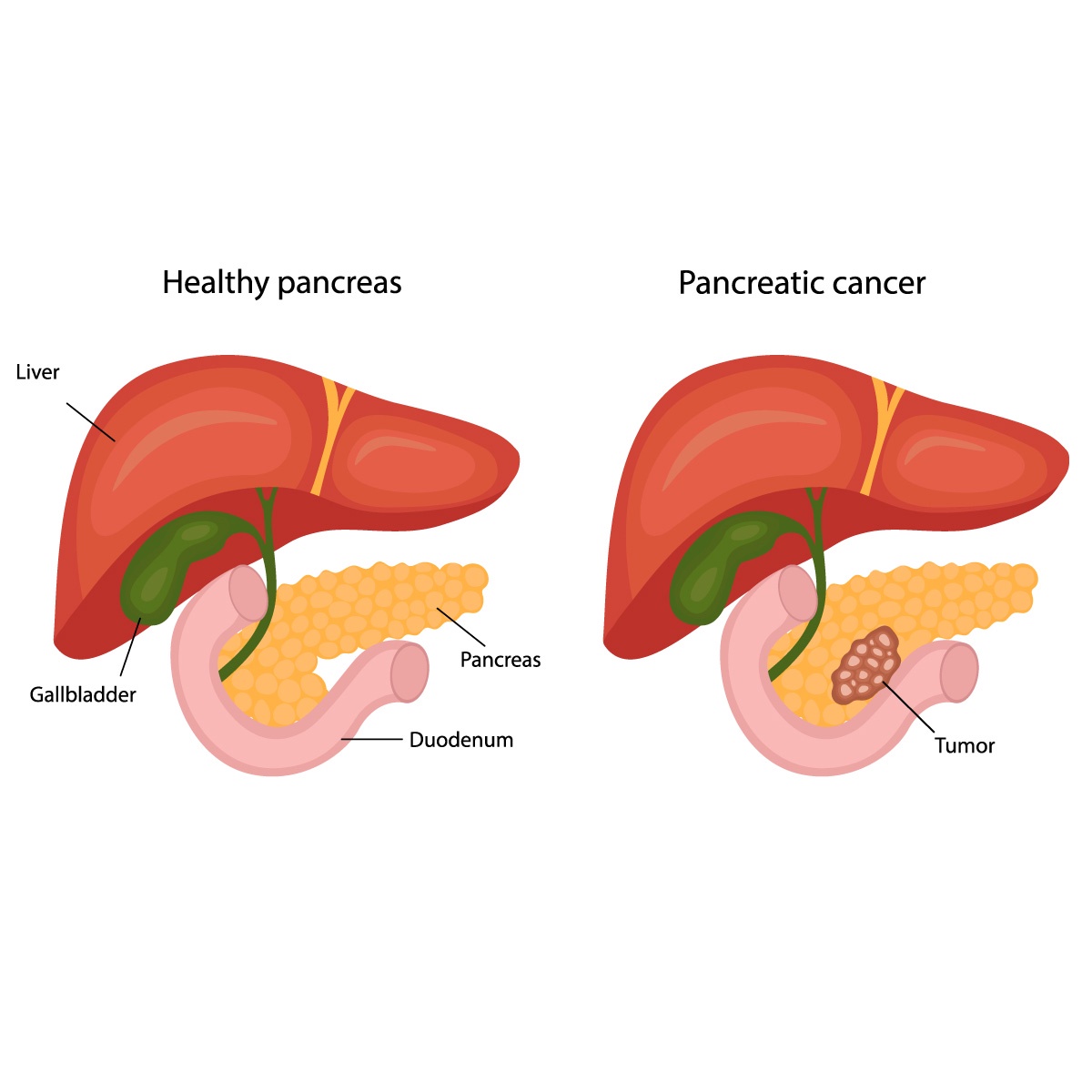Pancreatic cancer, known for its aggressive nature, has long posed a formidable challenge in the realm of oncology. This article delves into the transformative potential of immunotherapy for pancreatic cancer and explores crucial strategies for early cancer detection.
Immunotherapy for Pancreatic Cancer: A Beacon of Hope
Pancreatic cancer has historically been notorious for its resistance to conventional treatments, making breakthroughs in therapeutic approaches particularly significant. Immunotherapy, an innovative strategy harnessing the body's immune system to combat cancer, is increasingly gaining attention as a promising avenue for pancreatic cancer treatment.
-
Immune Checkpoint Inhibitors:
- Definition: Immune checkpoint inhibitors, such as pembrolizumab and nivolumab, are drugs that block certain proteins on immune cells, enabling the immune system to recognize and attack pancreatic cancer cells.
- Promise: Early clinical trials have shown encouraging results, suggesting that immune checkpoint inhibitors could become a valuable addition to the pancreatic cancer treatment arsenal.
-
CAR-T Cell Therapy:
- Definition: Chimeric Antigen Receptor T-cell (CAR-T) therapy involves genetically modifying a patient's T cells to express a receptor that targets pancreatic cancer cells.
- Promise: While still in the early stages of development, CAR-T cell therapy shows potential in providing a more targeted and personalized treatment approach for pancreatic cancer.
-
Cancer Vaccines:
- Definition: Cancer vaccines stimulate the immune system to recognize and attack pancreatic cancer cells.
- Promise: Investigational cancer vaccines are being explored in clinical trials, aiming to boost the immune response against pancreatic cancer.
Early Detection: The Key to Improved Pancreatic Cancer Outcomes
Early detection is paramount in enhancing the prognosis for pancreatic cancer, as symptoms often manifest in later stages. Here are crucial strategies for identifying pancreatic cancer in its initial, more treatable phases:
-
Screening High-Risk Individuals:
- Individuals with a family history of pancreatic cancer or those with inherited genetic mutations associated with the disease may benefit from regular screening. Techniques such as imaging tests (CT scans, MRIs) can aid in early detection.
-
Biomarker Testing:
- Biomarkers, measurable substances in the body, can indicate the presence of pancreatic cancer. CA 19-9 is a blood marker often elevated in pancreatic cancer, and its levels can be monitored to detect potential recurrence or response to treatment.
-
Genetic Testing:
- Some inherited genetic syndromes, such as hereditary pancreatitis or Lynch syndrome, increase the risk of pancreatic cancer. Genetic testing can identify individuals with a higher predisposition, allowing for proactive monitoring and early intervention.
-
Symptom Awareness:
- Recognizing potential symptoms of pancreatic cancer is crucial. These may include abdominal pain, unintended weight loss, jaundice, and changes in bowel habits. Seeking medical attention promptly when experiencing such symptoms can facilitate early diagnosis.
-
Advancements in Imaging Technology:
- Innovations in imaging technologies, such as endoscopic ultrasound (EUS) and magnetic resonance cholangiopancreatography (MRCP), enhance the ability to visualize the pancreas and detect abnormalities at earlier stages.
Challenges and Opportunities:
Despite the promise of immunotherapy and advances in early detection strategies, challenges persist in the realm of pancreatic cancer.
Challenges:
- Late Presentation: Pancreatic cancer often presents symptoms in advanced stages, limiting the window for early detection.
- Tumor Heterogeneity: The genetic diversity of pancreatic tumors poses challenges in developing targeted therapies effective for a broad range of patients.
- Immunosuppressive Microenvironment: The pancreatic tumor microenvironment can be immunosuppressive, hindering the efficacy of immunotherapy.
Opportunities:
- Advancements in Research: Ongoing research is uncovering novel biomarkers, therapeutic targets, and treatment modalities.
- Clinical Trials: Participation in clinical trials offers patients access to cutting-edge treatments and contributes to the advancement of pancreatic cancer research.
- Multidisciplinary Approaches: Collaborative efforts between oncologists, surgeons, radiologists, and researchers enhance the holistic management of pancreatic cancer.
Conclusion: A Dual Pursuit of Progress
Immunotherapy, with its targeted precision, and early detection strategies represent dual pillars in the ongoing pursuit of progress against pancreatic cancer. While challenges persist, the evolving landscape of research and clinical innovation provides hope for improved outcomes and increased survival rates. The commitment to advancing immunotherapeutic approaches and refining early detection methodologies is a testament to the collective dedication to turning the tide against this challenging disease. As we navigate the complexities of pancreatic cancer, the synergistic efforts of medical professionals, researchers, and advocates pave the way for a future where early diagnosis and innovative treatments redefine the narrative of pancreatic cancer outcomes.


No comments yet